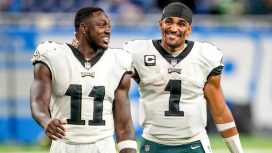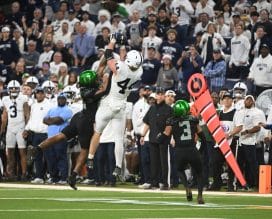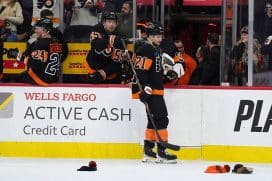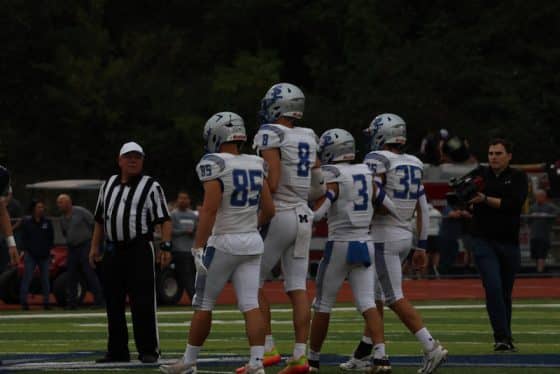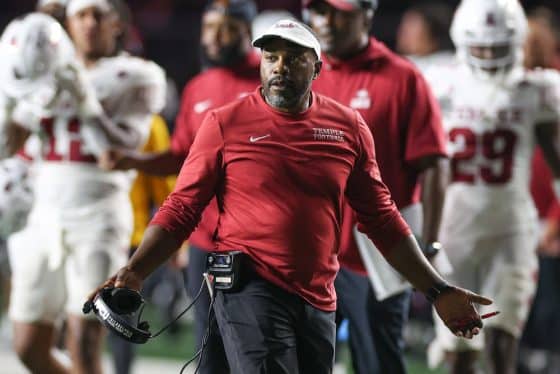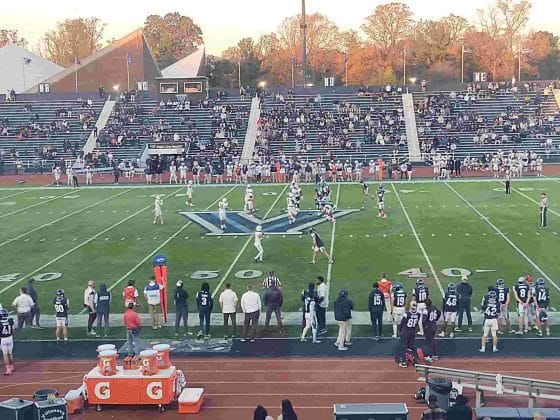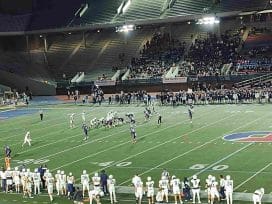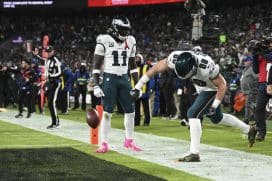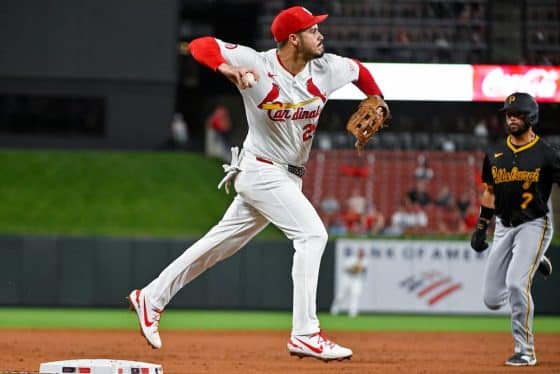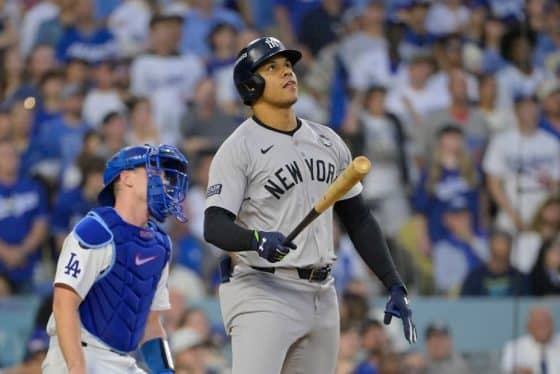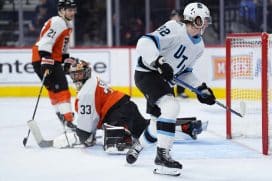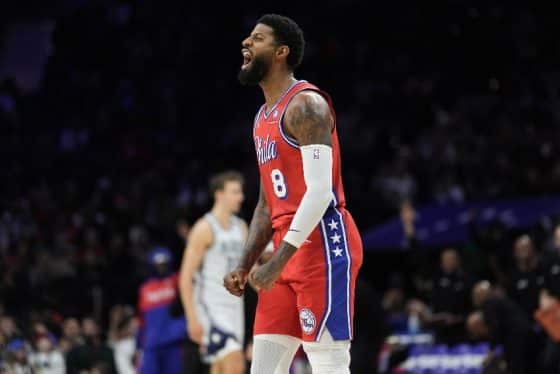Phillies
Top 25 Players to Ever Play a Game for the Phillies: No. 11, Fergie Jenkins
By Matt Albertson, Historical Columnist
I mentioned in our last countdown article about Jim Bunning that it isn't often the Phillies won a notable trade. With Fergie Jenkins, the complete opposite is true. Jenkins was traded with John Herrnstein and Adolfo Philips to the Cubs in 1966 in exchange for Bob Buhl and Larry Jackson. Both Buhl and Jackson were in their mid-30s and at the tail end of their careers. Buhl retired with the Phillies after the 1967 season and Jackson retired with the club after 1968.
Fergie Jenkins was signed by the Phillies in June 1962 and spent parts of four seasons in the minors before making his big league debut for the Phillies in 1965. Jenkins played eight games for the Phils between 1965 and 1966, going 2-1 in relief with a 2.45 ERA and threw 12 strikeouts to only three walks. Surprisingly, it wasn't good enough as Jenkins was considered expendable as the Phillies tried to recoup from the 1964 demise. The Philadelphia Inquirer reported the trade between the Phils and Cubs on April 22, 1966, saying the trade was made in "in a frank bid for the pennant this season…to strengthen their pitching staff." Hindsight is 20/20, so is the Inquirer's statement that neither Jenkins, Philips nor Herrnstein "figured strongly in present plans." Manager Gene Mauch engineered the trade, saying "Those three players [Jenkins, Herrnstein, Philips] may help a big league club…but I feel sure the two we got will help us. All three are good kids…and I wish them luck." At the time, Philips was considered the jewel of the trade for the Cubs, while the Inquirer's Allen Lewis noted "Jenkins [sic] figured on as a bullpen hand…"
Jenkins served primarily as a bullpen arm for the Cubs through the '66 season but transitioned into the rotation in 1967 when he went 20-13 with a 2.80 ERA and made the first of three All-Star teams. Over a 19 year career with the Phillies, Cubs, Rangers, and Red Sox, Jenkins posted a 284-226 record with a 3.34 ERA in 4,500.2 innings pitched, and is the only player to record more than 3,000 strikeouts (3,192) and fewer than 1,000 walks (997). The Phillies ended the 1966 season 87-75, eight games behind the pennant-winning Dodgers.
In September 1966, Jenkins faced former teammate Jim Bunning and out-dueled the veteran through seven innings, giving up only three hits and sending down the Phillies in order from the second through the seventh inning.
Career Accomplishments
Fergie Jenkins' Hall of Fame plaque (Matt Albertson/Sports Talk Philly)
- 1991 Hall of Fame inductee
- 1971 National League Cy Young winner
- National League wins leader in 1971 and 1974
- Won 20 or more games in a season seven times
- More than a 3:1 strikeout to walks ratio
- 284 career wins
*Awards were not factored into the formula
Career-Defining Moment
Jenkins' career defining moment is his 1971 Cy Young season. Despite pitching 19 seasons in the big leagues, he never had the opportunity to display his talents in the postseason. In fact, it was a career of near misses. He was called up by the Phillies in 1965, a year after a miracle-turned-nightmare season. The Cubs seemed well on their way to the World Series in 1969, but faltered down the stretch, finishing behind the 1969 Miracle Mets, who ended up winning the World Series. He joined the Red Sox a season after the club played in one of the most memorable World Series' in history (1975). Lastly, he was released by the Cubs in March 1984, who finished first in their division for the first time in decades that year.
In 1971, Jenkins went 24-13 with a 2.77 ERA and led the league in wins, games started (39), complete games (30), innings pitched (325.0), bb/9 (1.0), and strikeouts per walks (7.11).
Reasoning for ranking
Jenkins scored 54 points in our formula. He totaled 82.8 WAR, averaging 4.357 WAR over his 19 seasons. He had 16 seasons of 2+ WAR and eight seasons at 5+ WAR, and one season at 8+ WAR totaling 45 points. His 24 wins ranks 29th all-time, his 1.142 WHIP 57th all-time, and his 1.99 bb/9 93rd all-time, totaling nine points.
Bunning scored seven points on our subjective importance scale because of what he could have been to the organization in the mid to late 1970s. The trade is one of the worst in Phillies history. Imagine a 1975 rotation that included two dominant future Hall of Famers as a young, hungry team matched up against the Big Red Machine in the 1975 NLCS…
Explanation of scientific formula
The player rankings formula combines both traditional and advanced statistics/metrics and assigns a point total to each category.
Previous Players


